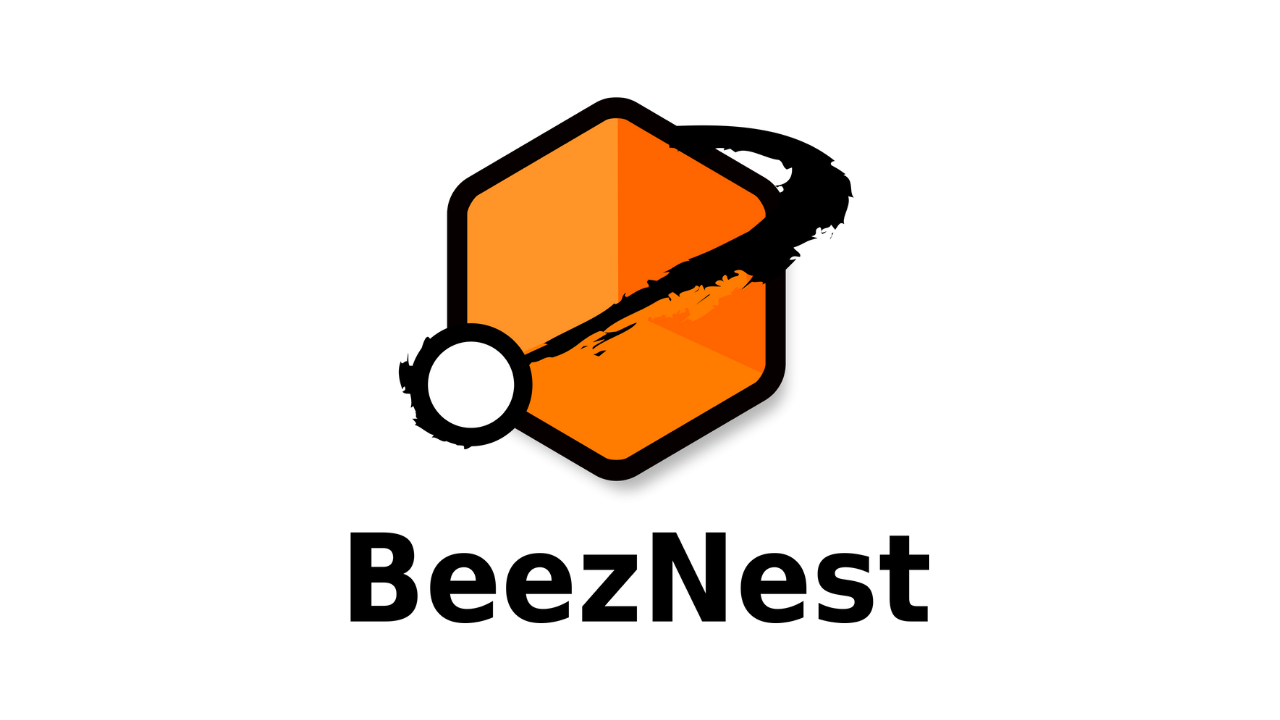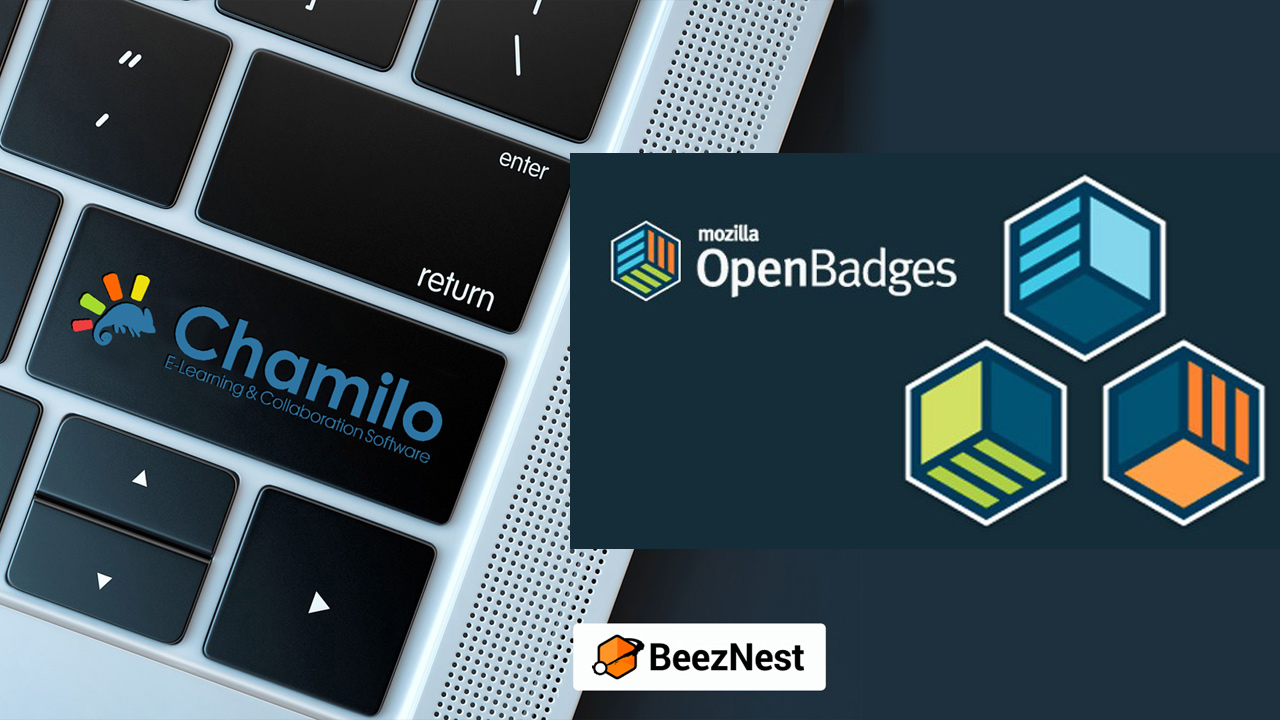This Sunday 15th of June 2014, we will be releasing version 1.9.8 of Chamilo LMS.
This will be the last big version of the 1.9 branch (version 1.9.0 was released in August of 2012, about 2 years ago). Version 1.9 has served the Chamilo community well, and BeezNest will continue providing support on 1.9.* until 2016 at least.
In the same time (from 1.9.0 to 1.9.8), the Chamilo community has grown 400% times, from less than 1 million users to more than 5 million users today, only in 1.9.* users, which we assume is a sign of appreciation from our community.
But as our community grew, so have most of the installations that use Chamilo, now reaching, for one specific case, the hundreds of thousand users.
All this growth in numbers have required many customizations and optimizations in Chamilo LMS, up to a level where it has been very difficult to integrate them in Chamilo at all, because of its database and files structure hierarchy.
As a reminder, and before we go deeper into versions, remember that Chamilo LMS (versions 1.8, 1.9, etc) and Chamilo LCMS (v2, v3, v4) are completely different software systems, and that they are developed by different teams, under different leadership, but within the context of the Chamilo association (as long as they develop under a certain set of rules protecting the open nature of the software).
So many people ask me what is so special about v10 that will really make Chamilo a better tool? It's hard to answer that at this point (because not everything is completely certain yet), but this is a shortlist of the most important changes you will see in Chamilo LMS v10 in comparison to v1.9.
First and foremost: the interface will not change in any major way for the final user. Of course, we will have some refreshing that makes it more appealing to the users, but no major change in how elements are presented. This is the top quality of Chamilo LMS in comparison with other systems, and we don't want to loose that. So for all of you managing a support team on Chamilo: don't worry, no major change in the way users can use the current tools.
No major tool will be removed, either, to the specific exception of the reservations tool, which has been there for years and that apparently nobody used.
In terms of new tools or major changes to existing tools, this is what v10 will most certainly come with:
- Super-categorized-random questions selection for exercises
- Possibility to define new roles (this will be in beta version in v10.0 and improved based on user feedback) and permissions
- e-mails templating
- Multi-users, HTML5, mindmapping tool
- Optional central repository of documents, allowing for many new learning objects view modes and sharing options
- Integration with common web 2.0 platforms (Google Drive, Dropbox, Youtube, etc)
- Full HTML5 online editor (moving to CKEditor 4 or superior)
- New social network "wall" feature, to inform others about the interesting stuff you are learning
- ODF documents reader
- OpenBadges support
- Open Plagiarism detector
- Video chat (HTML5, not for IE)
- Audio frequency analysis tool for exercises
- and some 100 other less important improvements not listed here
- Use of Doctrine as a database layer manager
- Unique (single column) row ids in all tables (in 1.9.x, the c_* tables had a combination of course ID and id to form the unique key)
- Integer course ID (deprecating as much as possible the use of the literal "course code", making tables faster to search)
- Use of a central controller, which will allow you to redefine the route to specific scripts, and use friendly URLs (partial implementation in v10)
- Installation profiles (install with configuration presets)
- Debian packaging (and new files structure)
- New centralized authentication mechanism (including OAuth)
- New web services for listing objects (enabling easier application of mobile apps)
- Translations managed in Gettext format (and a new translation platform)
- Full integration of the templating system (Twig), with one JQuery-mobile-enabled template
- Dropping support for IE8 (most probably) so we can move to SVG icons everywhere
- Support for IMS/LTI, enabling easier integration of external applications into Chamilo
- Improvements to enable auto-scaling of Chamilo in the cloud
- Juju Charm to auto-install Chamilo in your infrastructure
- Extra fields for all major items (quizzes, questions, learning paths, users, courses, sessions, etc) enabling for easier plugins integration
- Better plugins framework overall, enabling some functions "hooking" or "redefinition" in specific contexts




